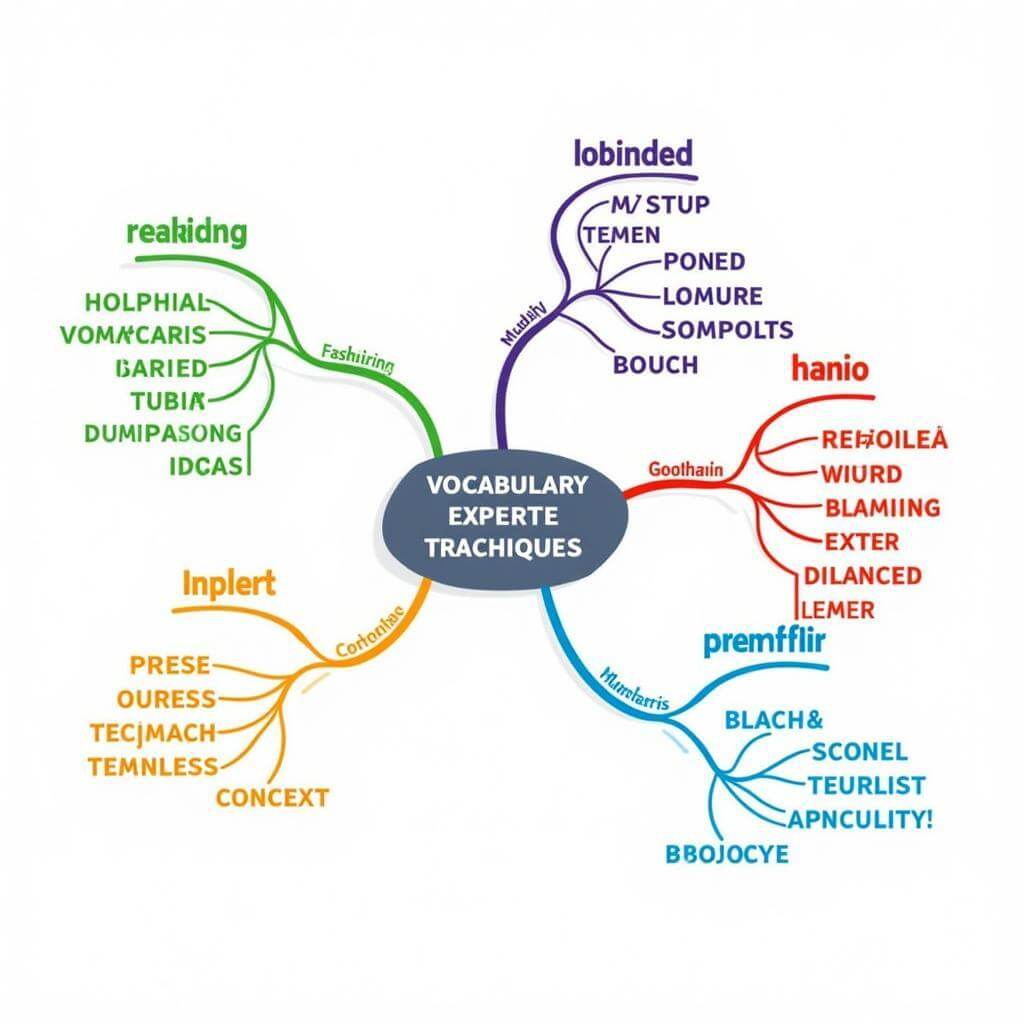Mastering the art of fluency in IELTS Speaking Part 2 monologues is crucial for achieving a high band score. This segment, often challenging for test-takers, requires candidates to speak confidently and coherently for up to two minutes on a given topic. Let’s explore effective strategies to enhance your fluency and deliver impressive monologues in the IELTS Speaking test.
Understanding the IELTS Speaking Part 2 Format
Before diving into fluency-building techniques, it’s essential to grasp the structure of Part 2:
- You receive a task card with a topic and prompts
- You have one minute to prepare
- You must speak for 1-2 minutes without interruption
- The examiner may ask one or two follow-up questions
Knowing this format helps you focus your preparation efforts and build confidence for the actual test.
Key Strategies for Developing Fluency
1. Practice Regular Monologues
One of the most effective ways to improve fluency is through consistent practice. Set aside time each day to speak on various topics for two minutes without interruption.
“Daily practice is the cornerstone of fluency development. Even 10 minutes a day can significantly improve your speaking skills,” says Dr. Emma Thompson, IELTS Speaking expert with 15 years of experience.
Developing fluency through regular discussions can also complement your monologue practice, enhancing overall speaking abilities.
2. Use the PREP Technique
The PREP (Point, Reason, Example, Point) technique is an excellent framework for structuring your monologue:
- Point: State your main idea
- Reason: Explain why you hold this view
- Example: Provide a specific example or personal experience
- Point: Restate your main point to conclude
This structure helps you organize your thoughts quickly and speak more fluently.
3. Expand Your Vocabulary
A rich vocabulary is crucial for building fluency in Part 2 monologues. Focus on:
- Learning topic-specific vocabulary
- Mastering transitional phrases
- Incorporating idiomatic expressions

4. Utilize the One-Minute Preparation Time Effectively
Make the most of your preparation minute by:
- Quickly skimming the task card
- Jotting down key points and relevant vocabulary
- Organizing your ideas using the PREP technique
Efficient preparation sets the foundation for a fluent monologue.
5. Implement Paraphrasing Techniques
Paraphrasing is a valuable skill for maintaining fluency when you’re stuck or can’t remember a specific word. Practice:
- Explaining concepts in simpler terms
- Using synonyms and alternative phrases
- Describing objects or ideas when you can’t recall the exact term
6. Master Filler Phrases and Hesitation Devices
While it’s best to minimize hesitations, using appropriate filler phrases can help maintain fluency:
- “That’s an interesting question…”
- “Let me think about that for a moment…”
- “What I mean to say is…”
Use these sparingly and naturally to avoid sounding rehearsed.
Overcoming Common Fluency Challenges
Dealing with Nervousness
Nervousness can significantly impact fluency. Try these techniques:
- Practice deep breathing exercises before speaking
- Visualize successful performance
- Adopt a confident posture
“Confidence is key in IELTS Speaking. Remember, the examiner is there to listen, not to judge,” advises Sarah Chen, IELTS trainer and former examiner.
Handling Unfamiliar Topics
When faced with an unfamiliar topic:
- Focus on the aspects you can relate to
- Draw from general knowledge or personal experiences
- Use the PREP technique to structure your response
Managing Time Effectively
To ensure you speak for the full two minutes:
- Practice with a timer regularly
- Develop a mental “pacing” system
- Expand on your points with examples and explanations
Advanced Fluency-Building Exercises
To further enhance your fluency for Part 2 monologues, try these advanced techniques:
-
Record and Analyze: Record your practice sessions and listen back to identify areas for improvement.
-
Shadow Speaking: Listen to native English speakers and try to mimic their intonation and rhythm.
-
Topic Chaining: Practice quickly transitioning between different topics to improve adaptability.
-
Impromptu Speaking Games: Engage in activities that require you to speak on random topics with minimal preparation.
-
Peer Practice: Partner with other IELTS candidates to practice and provide feedback to each other.
How to prepare for IELTS in 7 weeks? offers a comprehensive plan that incorporates these advanced techniques into your overall IELTS preparation strategy.
Conclusion
Building fluency for IELTS Speaking Part 2 monologues requires dedicated practice and the application of strategic techniques. By implementing the tips and strategies outlined in this guide, you can significantly improve your ability to speak confidently and coherently for the full two minutes. Remember, fluency is a skill that develops over time, so be patient and consistent in your practice. With persistence and the right approach, you’ll be well-equipped to deliver impressive monologues and achieve your desired IELTS Speaking score.
FAQ
How long should I practice speaking each day to improve my fluency?
Aim for at least 15-30 minutes of focused speaking practice daily. Consistency is more important than long sessions.
Can I use memorized phrases in my Part 2 monologue?
While it’s helpful to have some prepared phrases, avoid memorizing entire responses. Examiners can detect rehearsed speeches, which may negatively impact your score.
What if I can’t speak for the full two minutes?
It’s important to try to speak for the full time. If you finish early, the examiner may prompt you to continue or ask follow-up questions.
How can I improve my accent for better fluency?
Focus on clarity rather than accent. Practice pronunciation of difficult sounds and words, and listen to native speakers to improve your intonation and rhythm.
Is it okay to ask the examiner to repeat the topic if I don’t understand it?
Yes, you can politely ask for clarification if needed. However, try to do this during the one-minute preparation time rather than during your speaking time.